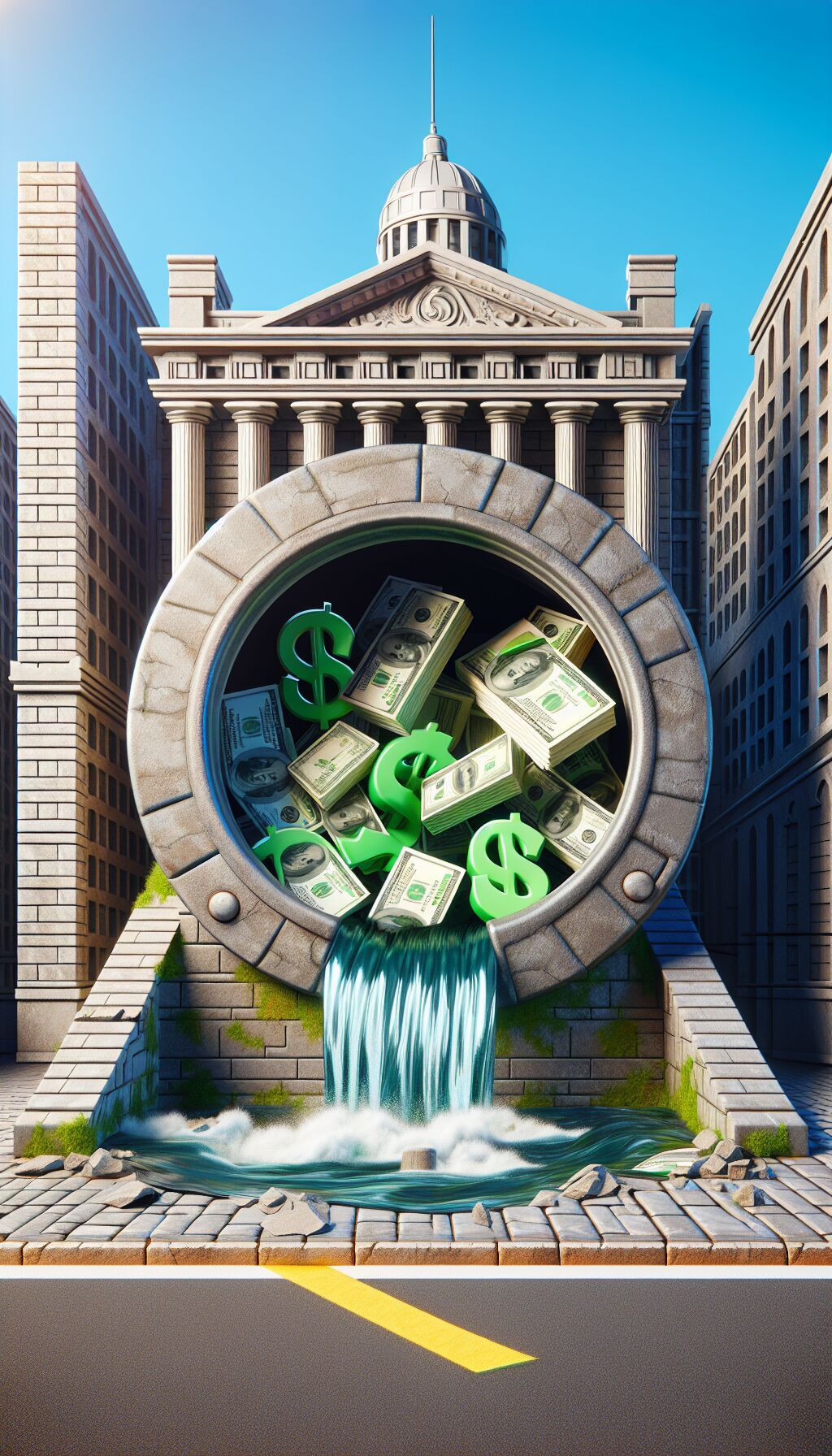New Legislative Initiative to Address Government Waste: DRAIN THE SWAMP Act
BYLINE: Your Name Here
EXCLUSIVE: This week, Aaron Bean, R-Fla., founder of the House DOGE Caucus, is set to introduce the DRAIN THE SWAMP Act. This initiative seeks to continue the legislative trend aimed at eradicating inefficiencies and waste within the federal government.
The DRAIN THE SWAMP Act: Key Objectives
The primary goal of the DRAIN THE SWAMP Act is to mandate that heads of federal agencies relocate approximately one-third of their headquarters-based employees “outside the Beltway.” In conjunction with this relocation, the act aims to explore savings strategies for taxpayer money by selling or leasing underutilized office spaces in Washington, D.C.
A Call for Accountability
Bean, who initiated the bipartisan DOGE Caucus in November, emphasizes that the DRAIN THE SWAMP Act is critical for enhancing accountability within the nation’s capital. He stated, “The swamp is thick and deep here in crazy town, and I’m here to drain it.” His statement reflects a fervent commitment to ensuring the government serves the American populace effectively.
Exemptions and Regulations
While the DRAIN THE SWAMP Act seeks to decentralize agency operations, notable exemptions apply. Key national security agencies such as the Pentagon, Department of Homeland Security, CIA, and NSA are not included in this requirement. However, 70% of the remaining federal workforce would need to work in-person full-time, according to the legislation.
Mechanisms for Savings
The Office of Management and Budget (OMB) will take charge of the efforts to sell off or not renew leases for the office spaces that will become vacated following the relocations. “This will ensure the federal government works for the people and not the other way around,” Bean quipped, highlighting the dual objectives of efficiency and accountability.
Bipartisan Support and Companion Legislation
In a show of bipartisan support, Sen. Joni Ernst, R-Iowa, has introduced companion legislation in the Senate. Her measure also accelerates the reconciliation process of House and Senate versions of the bill, facilitating a smoother path for the legislation to reach the president’s desk.
Ernst asserted, “The federal workforce has shown they clearly don’t want to work in D.C., and I am going to make their dreams come true.” She has previously highlighted issues related to government spending through her initiative referred to as the “Squeal Awards,” which seeks out waste, fraud, and abuse in federal expenditures.
The Expansion of the DOGE Caucus
Since its inception, the DOGE Caucus has attracted additional support, including co-chairmen Rep. Pete Sessions of Texas and Rep. Blake Moore of Utah. Sessions, who chairs the House Oversight Subcommittee on Government Operations, has drawn attention to the staggering .7 trillion in reported fraud and wrongful government payments over the last two decades.
He expressed concerns saying, “This is an absolutely unacceptable misuse of taxpayer dollars. Hardworking Americans deserve a government that works efficiently and effectively.”
Elon Musk’s Involvement
The initiative’s outreach extends beyond Congress, with executive branch involvement coming from Elon Musk, who spoke from the Oval Office. Musk stated that pinpointing and terminating improper payments would yield substantial savings for U.S. taxpayers. He illustrated this point by mentioning that DOGE oversight had exceptionally revealed instances of erroneous Social Security payments, including payments made to individuals reportedly 150 years old.
Musk’s involvement has brought a tech-savvy perspective to the conversation on government spending and efficiency, highlighting the potential for innovative solutions in public administration.
The Road Ahead
The DRAIN THE SWAMP Act represents a significant step towards reshaping how government operates in the digital age. By pushing for decentralization, this legislation aims not only to cut costs but also to foster a more accountable and transparent government. The pressing question remains: will Congress rally behind this initiative to enact meaningful reform, or will it become just another bill in a long line of attempts to address government inefficiencies?










